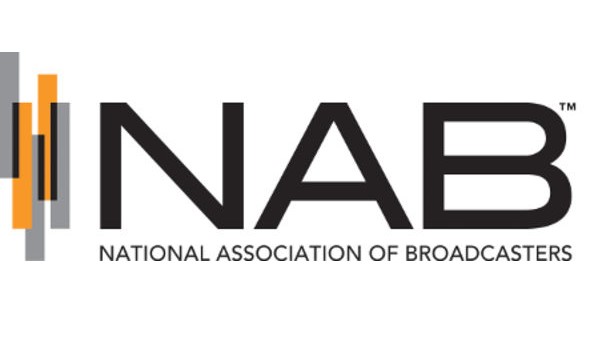NAB: FCC’s Dereg Efforts Don’t Require Diversity Data
NAB’s brief to Supreme Court back FCC’s effort to modernize media ownership rules

WASHINGTON—NAB is adding its voice in support of the FCC to have the U.S. Third Circuit Court of Appeals’ decision regarding media ownership deregulation effort heard by the Supreme Court.
The FCC’s efforts to modernize media ownership rules, which were first proposed in 2017, was stayed by a three-judge panel from the Third Circuit, citing that the proposed changes did not sufficiently consider the impact that the changes could have on minority and female ownership.
Specifically, the FCC’s proposals sought to eliminate the newspaper-broadcast and the radio-TV cross-ownership rules; allow dual station ownership in markets with fewer than eight independent voices after the duopoly, creating an opportunity for ownership of two of the top four stations in a market on a case-by-case basis; eliminate attribution of joint sales agreements as ownership; and create an incubator program.
In its brief, however, the NAB says that there is one key to this case: “Whether under Section 202(h) of the Telecommunications Act of 1996 the Federal Communications Commission may repeal or modify media ownership rules that it determines are no longer ‘necessary in the public interest as the result of competition’ without statistical evidence about the prospective effect of its rules changes on minority and female ownership.” To which the NAB believes the answer is yes.
NAB has said that the Third Circuit Court’s decision is part of a repeated practice to elevate its own policy concerns over the statutory text.
“Due to the same Third Circuit panel’s repeated decisions, ownership rules from decades ago are frozen in place, even as technology ‘has transformed the American people’s consumption of news and information,’” the NAB brief reads. “Those decisions have blocked the ‘iterative process’ designed by Congress to enable the commission to ‘gain experience with its policies so it may assess how its rules function in the marketplace.’ … And, absent this Court’s intervention, the commission will have no choice but to comply with the Third Circuit’s atextual commands in future reviews and will never be able to ‘move on and get it right.’”
NAB concludes that the FCC’s petition to have the decision be reviewed by the Supreme Court should be granted.
Get the TV Tech Newsletter
The professional video industry's #1 source for news, trends and product and tech information. Sign up below.
The full brief is available online.
